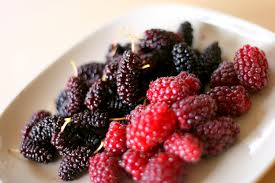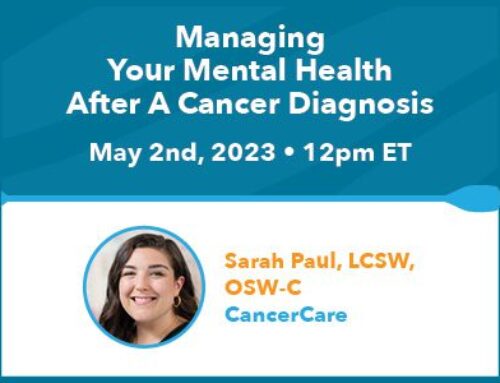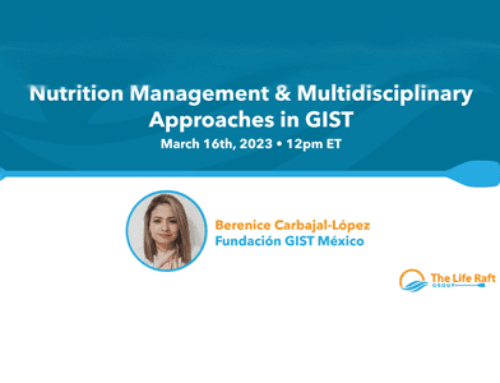 Angiogenesis is a natural biological process that promotes the body’s growth of new blood vessels used for healing and cell reproduction. As described by the Angiogenesis Foundation, it is controlled by the body’s production of a highly delicate balance of stimulators and inhibitors in healthy tissue. Too much or too little can result in abnormal blood vessel growth and lead to chronic conditions, including cancer, diabetes, cardiovascular disease, stroke and more.
Angiogenesis is a natural biological process that promotes the body’s growth of new blood vessels used for healing and cell reproduction. As described by the Angiogenesis Foundation, it is controlled by the body’s production of a highly delicate balance of stimulators and inhibitors in healthy tissue. Too much or too little can result in abnormal blood vessel growth and lead to chronic conditions, including cancer, diabetes, cardiovascular disease, stroke and more.
The Angiogenesis Foundation describes the control of angiogenesis in comparison to “on” and “off” switches. “On” switches stimulate angiogenesis, or blood vessel growth. “Off” switches inhibit it. The National Institutes of Health (NIH) reports that “stimulation of angiogenesis can be therapeutic” in regard to heart disease, wound healing and more; while “decreasing or inhibiting angiogenesis can be therapeutic in cancer, rheumatoid arthritis and other diseases.”
The most common treatments for GIST patients — Imatinib (Gleevec), sunitinib (Sutent), regorafenib (Stivarga) and sorafenib (Nexavar) — inhibit angiogenesis by reducing vascular endothelial growth factor (VEGF) production in GIST tumors. VEGF is a signal protein produced by cells that stimulates angiogenesis, vasculogenesis, inflammation and vascular permeability.
Foods that inhibit angiogenesis
Foods that have high concentrations of VEGF inhibitors may also inhibit angiogenesis. Therefore, research has shown that eating these foods may help shrink tumors by restricting VEGF and, ultimately, inhibiting new blood vessel growth.
The following list was sourced on the Eat to Beat Cancer™ database at www.eattobeat.org/evidence:
Anthocyanins: Researchers at the Ohio State Comprehensive Cancer Center found that anthocyanins, a class of flavonoids within food-containing antioxidants, inhibited tumor growth and angiogenesis in experimental rats treated with a potent esophageal carcinogen. Anthocyanins are present in blackberries and red wine.
Lycopene: Lycopene is considered to have a promising amount of cancer-preventing activity and has been evaluated against its effects against prostate cancer in a series of epidemiological studies. It is found in tomatoes, red fruits and vegetables, and inhibits the formation of vascular endothelial cells induced by VEGF.
Evidence supporting the consumption of tomatoes and processed tomato products (tomato sauce) has become available from the Health Professionals Follow-up Study, an epidemiological study. It was found that men whom consumed one serving of tomato sauce a week had a 20% prostate cancer risk reduction, and those whom consumed two servings a week had a risk reduction of one third.
Polyphenols: Sourced from plants, polyphenols can defend against ultraviolet radiation and aggressive pathogens. Various types are found in olive oil, red wine, berries and pomegranates.
Olive oil contains the polyphenol DPE, which has been found to have an antitumor effect via anti-inflammatory and antiangiogenic activities.
Pomegranates contain the polyphenol ellagitannies (EL), which inhibits the growth of tumor blood vessels.
Grape extracts and seeds contain various polyphenols with anti-cancer and anti-inflammatory activity, including resveratrol and proanthocyanidins.
Eugenol: A natural aromatic substance found in clove oil, cinnamon, basil and nutmeg, eugenol has been shown to inhibit the growth of cancerous tumors by reducing the expression of angiogenic factors (such as VEGF) in mice with gastric cancers.
Gingerol: The main compound found in ginger was found to suppress production of two key angiogenesis-stimulating proteins: VEGF and basic fibroblast growth factor (bFGF). Scientists have determined that gingerol blocks the growth of blood vessels in living animals.
Walnuts: A Harvard Medical School study has shown that walnuts inhibit the growth of colon tumors in mice by suppressing angiogenesis. Walnuts were found to significantly decrease the proliferation of blood vessels, as observed in samples of tumor tissue obtained from mice.
Before you eat …
When evaluating the results of evidence based research, bear in mind that individual results may vary. At this point, it is believed that ingesting more foods that contain VEGF inhibitors could be beneficial. Please consult with your physician before modifying your diet, and continue your research of angiogenesis before making any long-term changes to your diet. While alternative/natural treatments may help reduce the signs and symptoms of cancer, there is no replacement for chemotherapeutic medications that your doctor may prescribe for GIST.
For citations vist:(requires registration)
Anthocyanins: https://www.eattobeat.org/evidence/13/antiangiogenic-substances-in-blackberries-licorice-may-aid-in-cancer-prevention.html
Polyphenols: https://www.eattobeat.org/evidence/61/olive-oil-component-inhibits-angiogenesis-in-colon-cancer.html
https://www.eattobeat.org/evidence/207/four-varieties-of-grapes-shown-to-inhibit-angiogenesis.html


